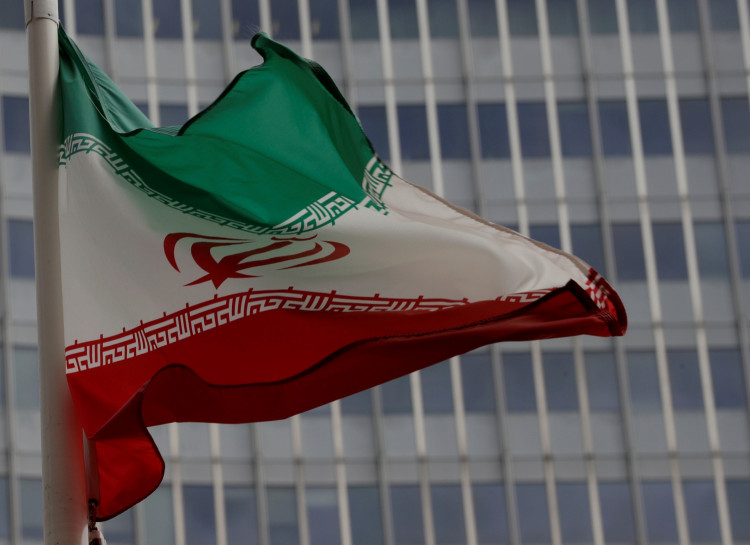A warning has just been issued by the Iranian parliament of major consequences for the United Nations nuclear monitoring committee if European countries that lobbied for a dispute mechanism against Iran act "unjustly."
Last week, Germany, France and the United Kingdom filed a process charging the Islamic Republic for failure to adhere to the conditions of the 2015 agreement reducing its nuclear activities, while Iran also accuses the Western nations of ignoring US sanctions.
These countries insisted they have abided by the rules of the United Nations, which have been greatly weakened by the exit of the US last year, and its reimplementation of unilateral sanctions on major segments of Iran's financial and trade markets.
According to Iranian parliamentary spokesman Ali Larijani, as quoted by state news agency IRNA, what the German, French and British did in connection to Tehran's nuclear program is "very unfortunate."
Larijani said that Iran clearly discloses that if Europe uses Article 37 of the nuclear deal (the International Atomic Energy Agency Agreement) in an unfair conduct, then the Islamic Republic will undertake a "serious decision" regarding cooperation with the agency.
Tehran has consistently changed its stance on some pledge it made under the nuclear deal since May last year, as a reaction to the American-led economic restrictions and Europe's incapacity to allay them.
Nevertheless, Iran's parliament has pointed out that it can reconsider its commitment in the nuclear deal if Tehran's terms of the agreement are met.
The new and final step initiated by Tehran this month covers abstaining on the restriction on the number of equipment used to develop uranium efficiently.
Formally referred to as the Joint Comprehensive Action Plan, the 2015 nuclear deal was signed by the European Union, US, Russia, China, Vienna and Iran and Iran. It includes a key clause that allows one country to report major non-compliance before a joint body by another country.
JCAP Articles 36 and 37 mandate that if the issue is not resolved by the commission, it is then forwarded to an advisory council and then turned over to the UN Security Council, which would decide if sanctions are to be reimposed or not.
The decision to address the dispute mechanism is set into motion after animosities deepened between Iran and Washington following the assassination of top military figure Qasem Soleimani in a US drone attack, and the confirmation by Iran days later that it had unintentionally shot down a Ukrainian commercial plane.






